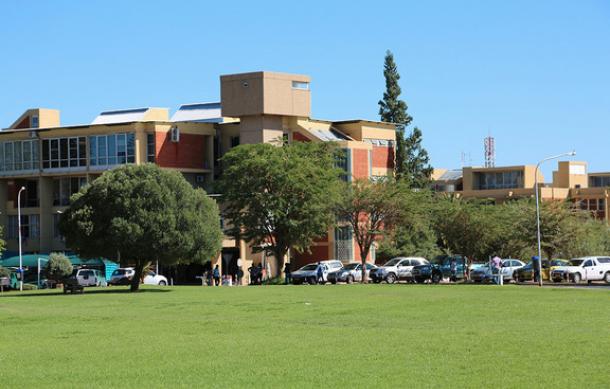
The University of Namibia (UNAM) and the Association of African Universities (AAU) are hosting the 22nd Rector, Vice-Chancellors, and Presidents of African Universities 2023 conference.
The four-day conference in Windhoek seeks to foster collaboration and address critical issues in higher education across the continent.
During the conference, academics will engage in the development of higher education in Africa by sharing best practises.
They will also focus on forging strategic partnerships in science policy dialogue and promoting the universal acceptance of African university curricula.
The University of Namibia's Vice Chancellor, Professor Kenneth Matengu, stressed the importance of advancing excellence in higher education.
"We know that the percentage of Africans in education compared to the rest of the world is still very low, and here I must tell you some interesting statistics. The gross enrollment in higher education is about 9.4%, which is below the global average of 38%, which tells you that there is something that is happening that is either hindering or not empowering people to get into higher education."
The Minister of Higher Education, Training, and Innovation (MHETI), Dr. Itah-Kandjii-Murangi, says disparities in academic achievements between female and male students, a lack of spaces in tertiary institutions, and funding need to be addressed.
Dr. Kandjii-Murangi hopes the conference will bring education in Africa closer to the fourth and fifth industrial revolutions, and Namibia's government has been doing its part.
"In the 2023–24 National Budget, N$16.8 billion was allocated to the Ministry of Education, Arts, and Culture, and N$3.8 billion was allocated to the Ministry of Higher Education, Training, and Innovation. This translates to a 28.4% allocation to the education sector, which equals 9.6% of GDP, making Namibia one of the countries with the highest expenditure on education in the world."
Professor Saeed Osman is the president of the Association of African Universities.
"In interactive dialogues where we are shedding light on the challenges faced, we must, importantly, present viable and sustainable solutions in the mentioned areas through these profound discussions so that we can collectively pretend advancement of African education and pave the way for a brighter future."





